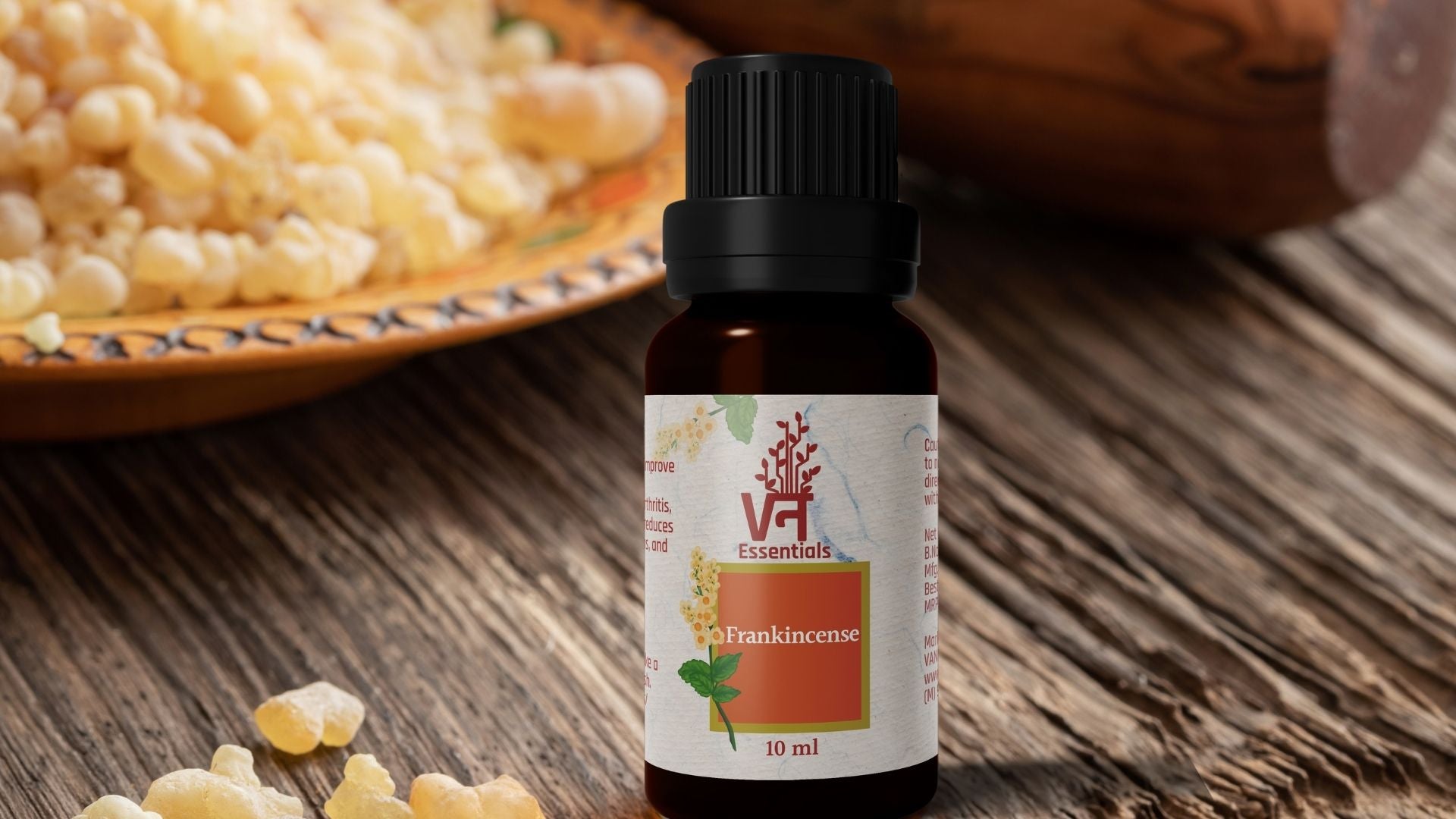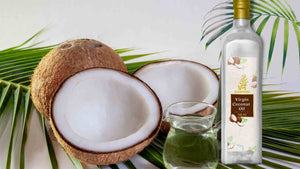Frankincense Essential Oil is rightly referred to as the ‘king’ of all essential oils. It is understandable that frankincense is regarded as a king considering how many many uses the adaptable essential oil has for health, skincare, and hair care. Boswellia carterii, Boswellia sacra, and olibanum are further names for frankincense oil. Since ancient times, frankincense has been utilised for potency and anointing in a variety of religions' prayers, rituals, and rites. And for an oil so beneficial, it’s important we know all about it!
-
Where does Frankincense come from?
Resin from the Boswellia tree is used to make the essential oil of frankincense. This is prevalent in the Middle East and Africa. Because of its sweet, pungent, and woody perfume, frankincense is frequently utilised in aromatherapy. Its name is derived from "high-quality incense," which is how the French word "franc encens" is translated.
-
How is it extracted?
When the bark of the Boswelia tree is cut open, the oil is collected from the sap. After being given time to set, the resin is scraped from the tree. It can be used dry, but essential oil is made by steaming it. Due to its calming woodsy aroma, it can be used as an essential oil in a diffuser to promote relaxation. A few drops can help with meditation, tranquilly, and harmony.
-
Does it help improve mental health?
Frankincense oil’s fragrance is effective in aromatherapy. Simply diffuse a few drops, and let the oil do its magic! It will reduce stress, anxiety, tension, and uneasiness. Regular usage also improve irregular sleep pattern, and might even help treat insomnia.
-
Does it improve the gut health?
Improved digestion and relief from gastrointestinal illnesses including Crohn's disease and ulcerative colitis may be provided by frankincense oil. According to a tiny trial, frankincense is equally effective at treating the signs and symptoms of Crohn's disease as the medication mesalazine. Even persistent diarrhoea can benefit from frankincense treatment. Those who took Boswellia saw practically complete remission of their diarrhoea after six weeks of taking a daily dose as compared to a placebo.
-
How does it affect oral hygiene?
Frankincense's antimicrobial properties can even assist in maintaining healthy oral health. By destroying germs, the boswellic acids can aid in the prevention of cavities. Even toothaches and gum disease may be prevented with its aid. It was more successful than the placebo in treating gingivitis caused by plaque, according to a different study on participants. It can aid in the healing of mouth sores brought on by poor dental health because it is naturally astringent.
If you have more questions, drop them in the message box below! We will get back to you in little time!
Thanks,
Happy Health!



